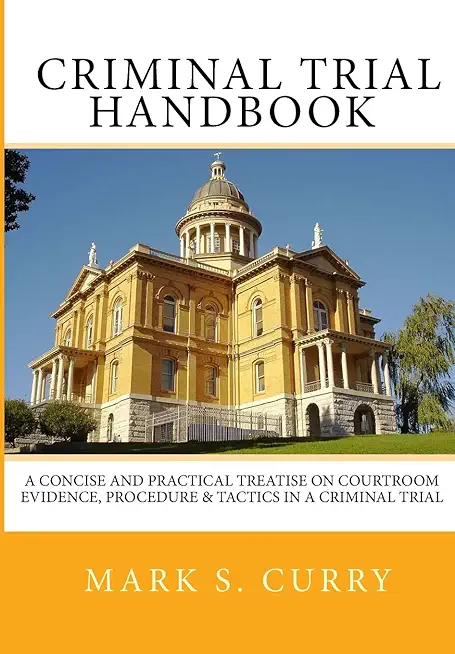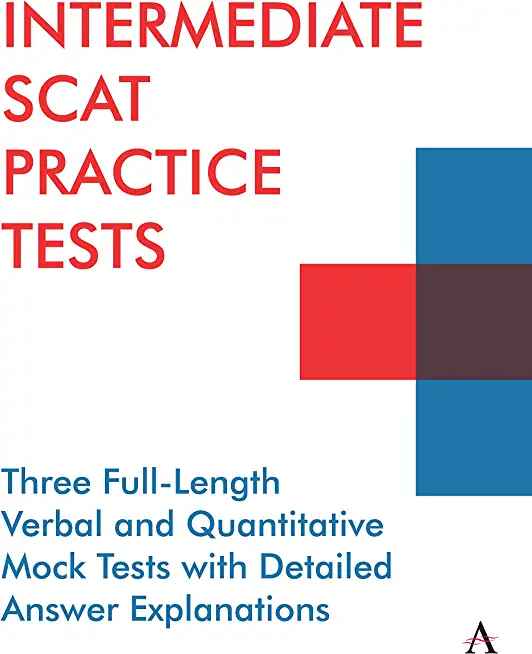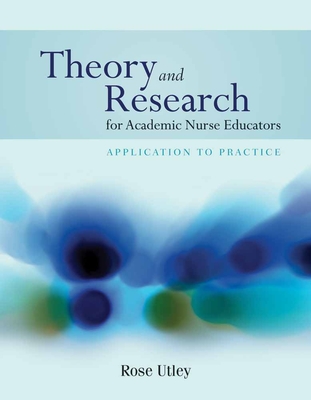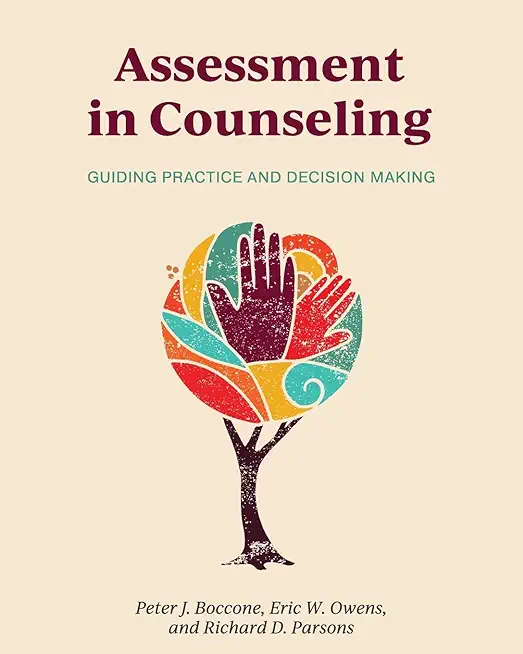
Curry, Mark
product information
description
cise and practical handbook setting forth the nuts and bolts of everything, procedural and practical, a lawyer needs to know to competently try a basic criminal case; the fundamentals of a trial from beginning to end. While there are numerous treatises available on specific topics related to a trial, this handbook covers the basic procedural steps of a trial, the common rules of courtroom evidence, and basic trial skills and strategies necessary, all rolled into one. It is designed for use by both prosecutors and defense counsel. Utilizing California's rules of courtroom evidence and procedure for reference, the handbook follows the natural progression of a jury trial from the pre-trial motions thru jury deliberation, and everything in between. It includes not only explanations of basic trial procedure and the applicable rules of evidence, but also a description of basic trial skills necessary to try a case, such as how to effectively cross-examine a witness, introduce evidence, and strategies on how to make a persuasive closing argument. Chapters include: - Pre-trial procedure - Jury selection - Opening statement - Direct examination- Cross-examination - Impeachment - Witness rehabilitation - Experts - Hearsay - Writings- Courtroom evidence - Character evidence- Trial objections - Argument- Deliberations Criminal Trial Handbook is compiled and written by Mark Curry, a California Superior court judge with more than 30 years of courtroom experience. Throughout the handbook, Judge Curry also includes his own personal "Trial tips," practical real-world suggestions about courtroom presentation not ordinarily found in other more formal treatises. For example, suggestions related to making a case more interesting and persuasive for jurors, or tips for jury selection or dealing with difficult witnesses. The handbook is designed such that counsel can quickly review it as a refresher while preparing for, and even during, trial. The chapters on Experts, Hearsay, Character Evidence, and Courtroom Objections, set forth the basic evidentiary rules the attorney needs to know in the courtroom, while chapters on Opening Statements, Direct Examination, Cross-examination, Impeachment, and Argument, explain basic strategies and trial skills necessary to perform these tasks competently. The handbook describes the fundamentals of trial procedure and the trial skills necessary to try a basic criminal case, in a practical, concise, and easy to follow format. It can also serve an excellent resource for law students learning the craft.
member goods
No member items were found under this heading.
Return Policy
All sales are final
Shipping
No special shipping considerations available.
Shipping fees determined at checkout.







